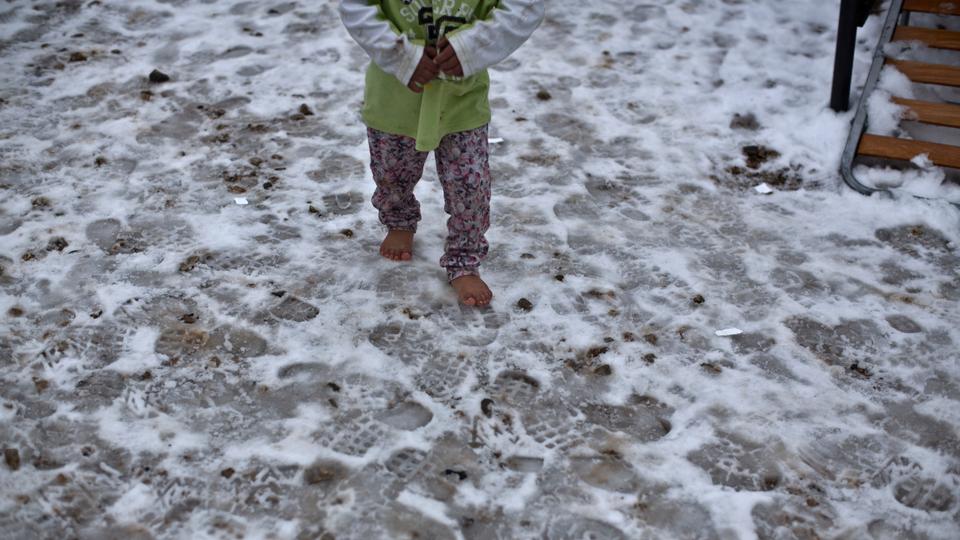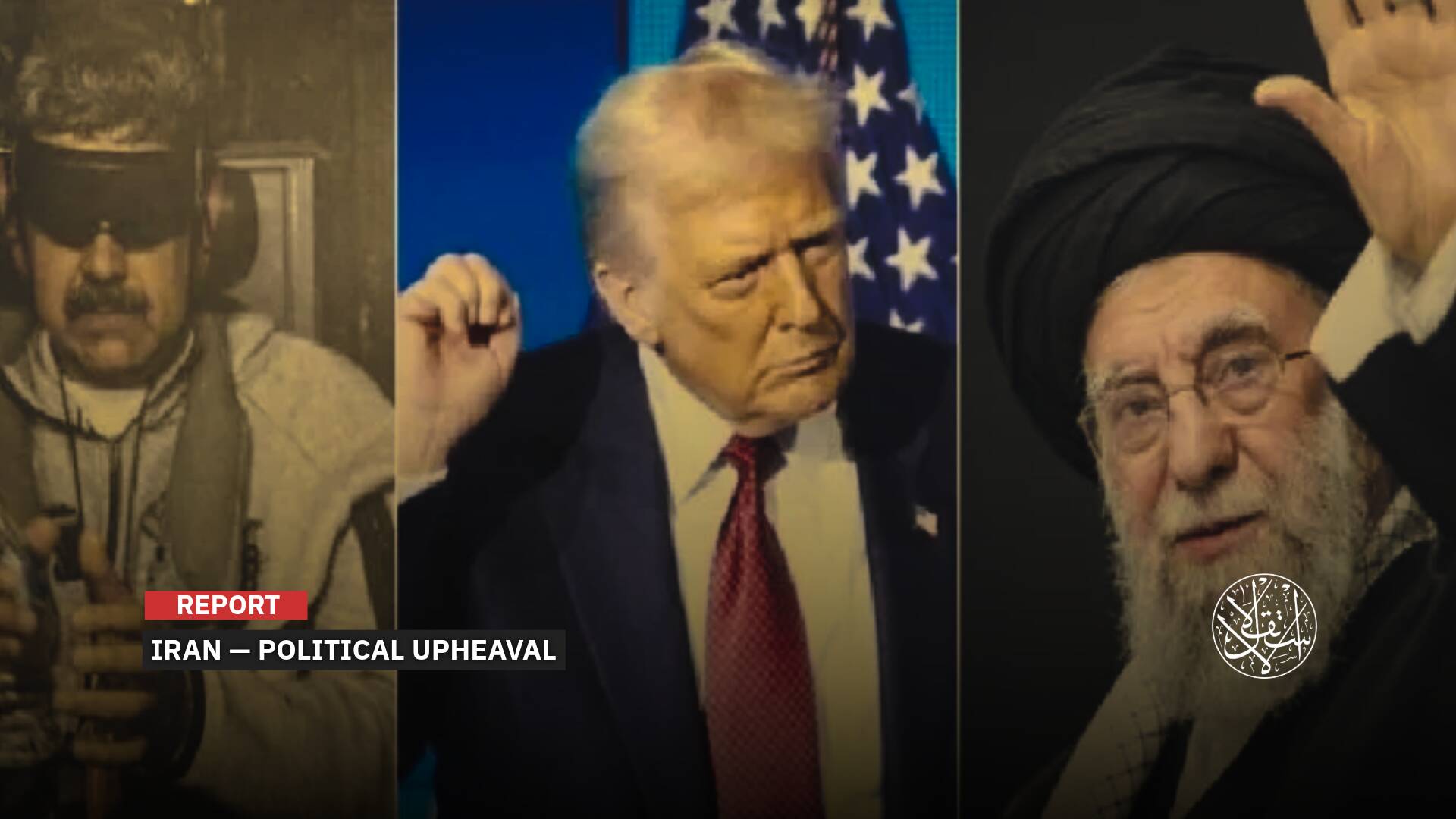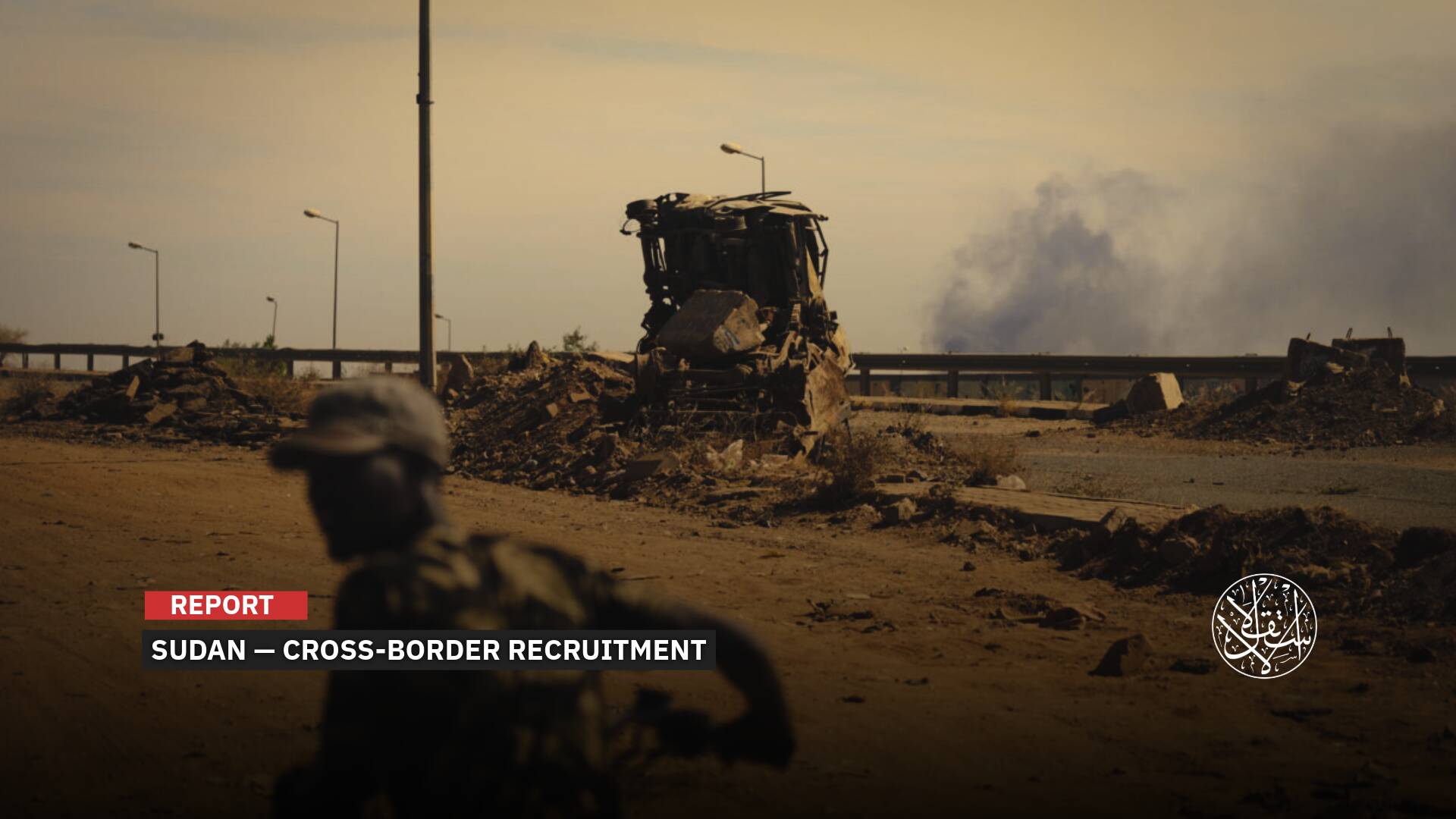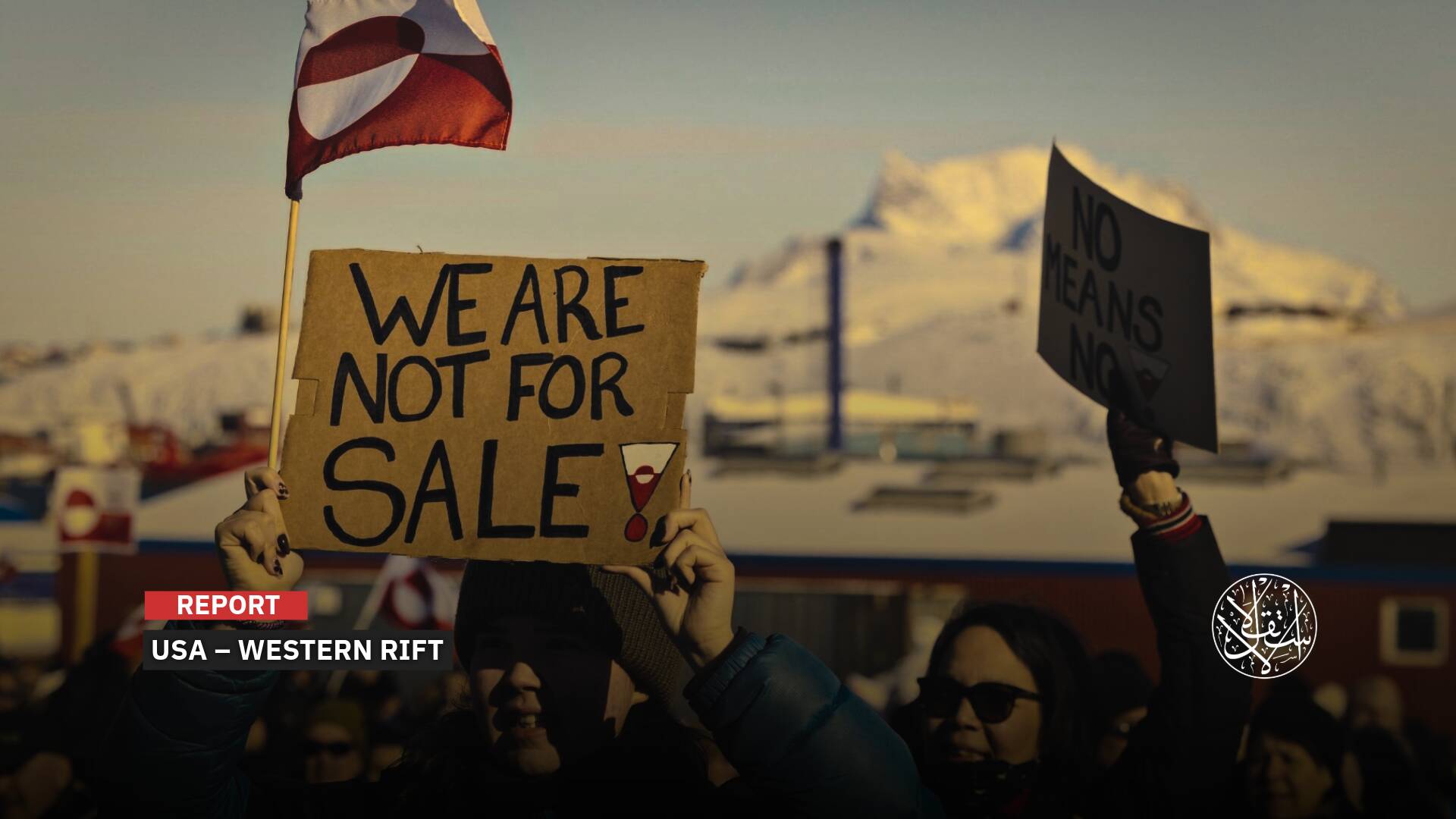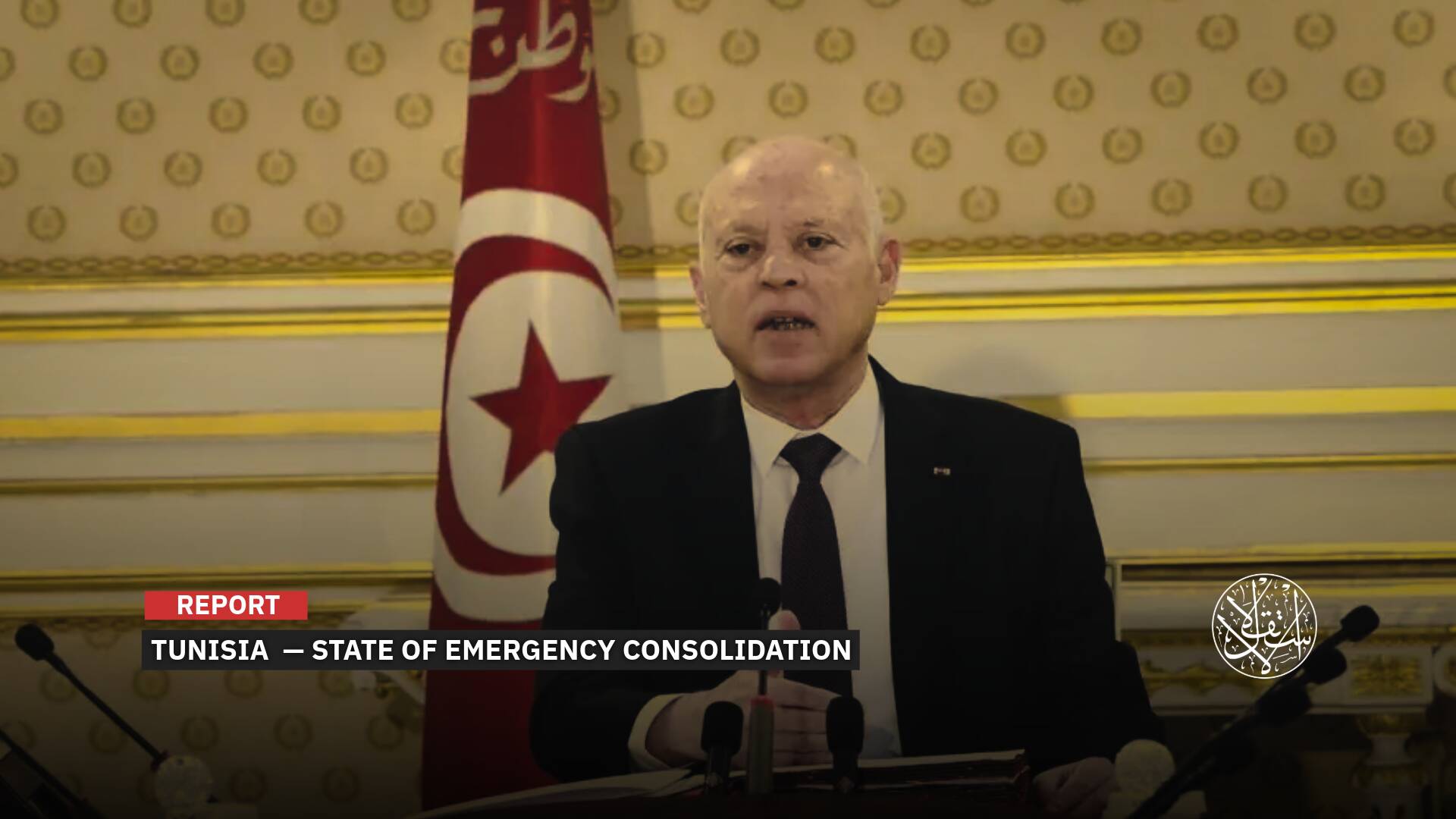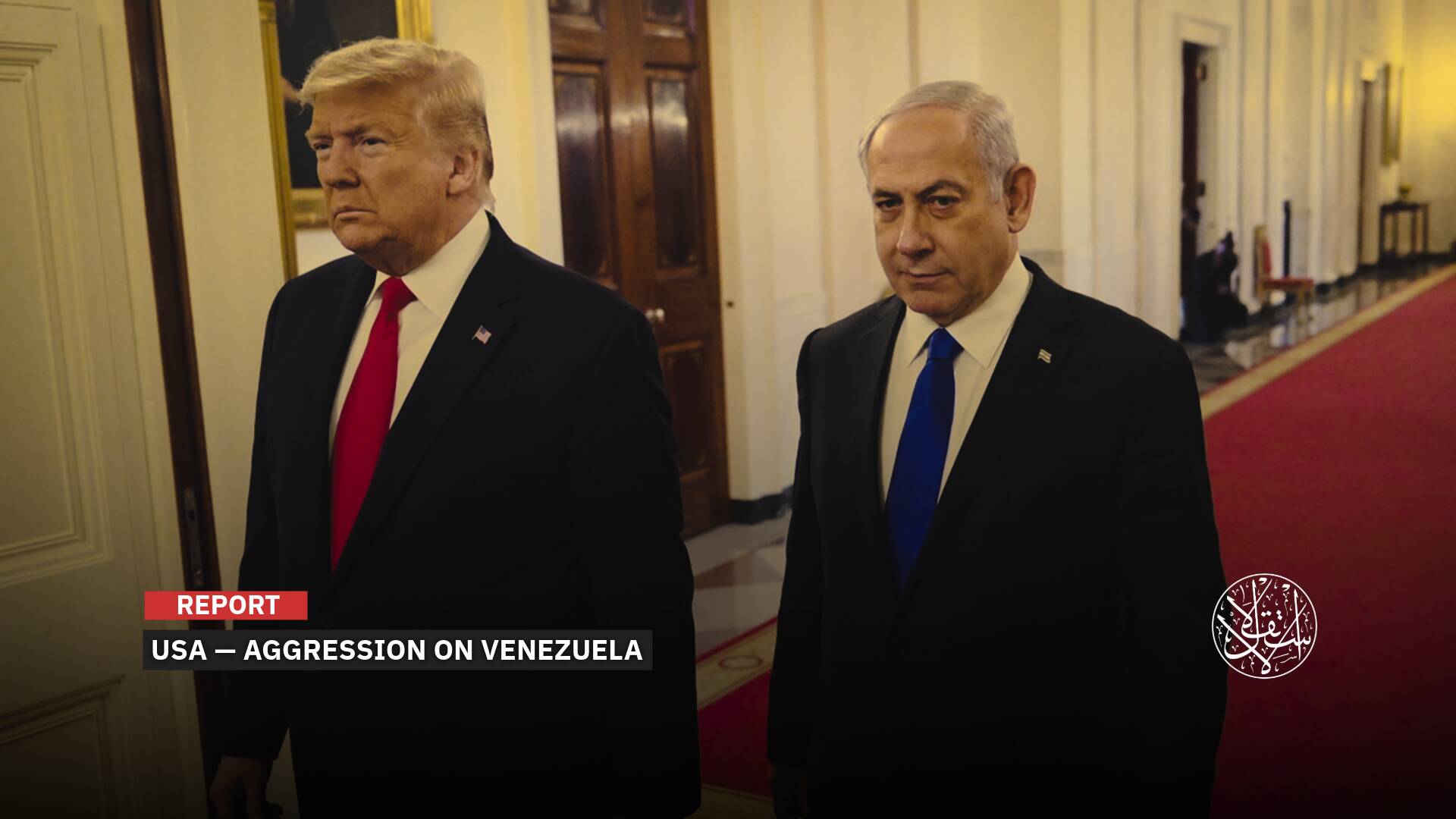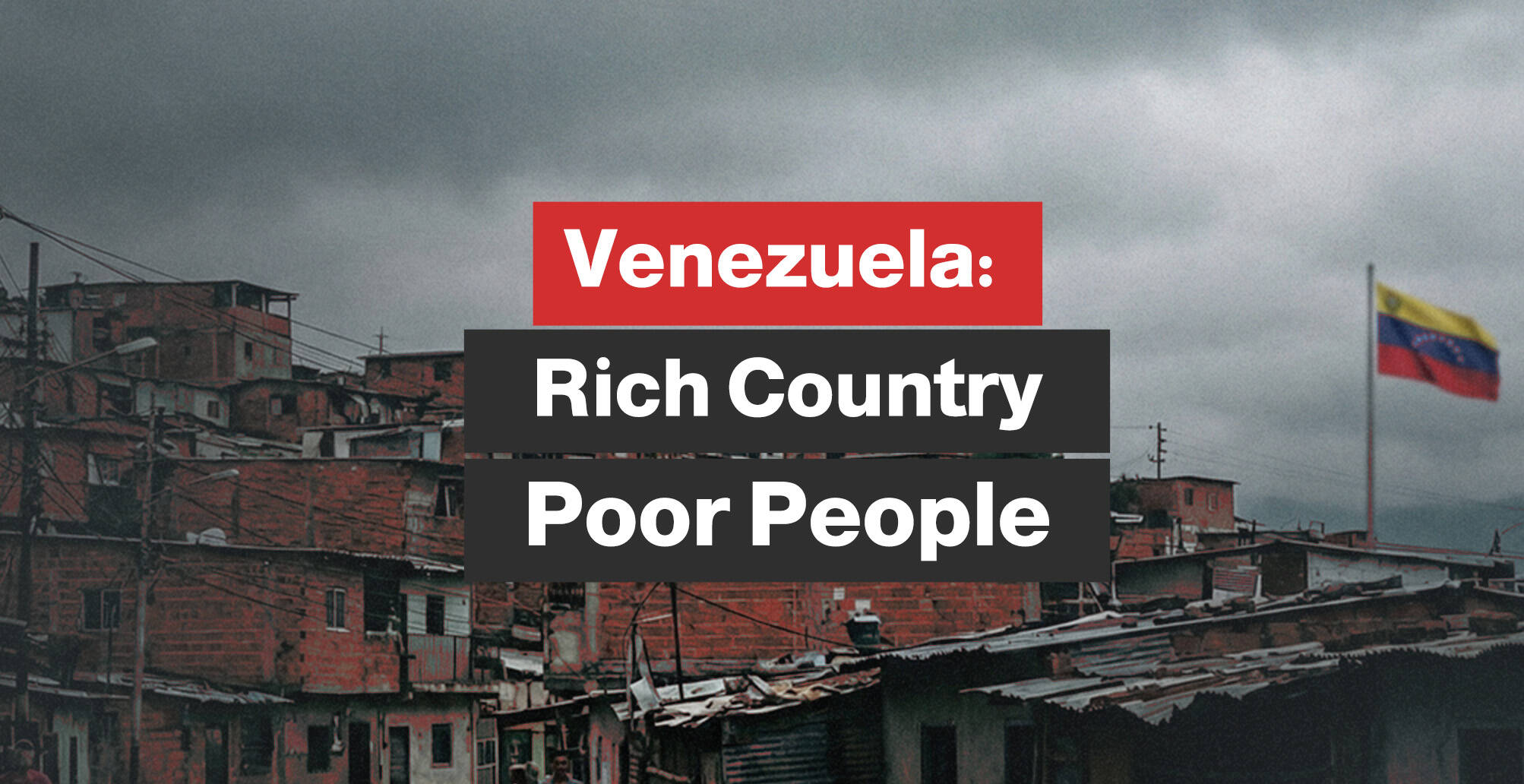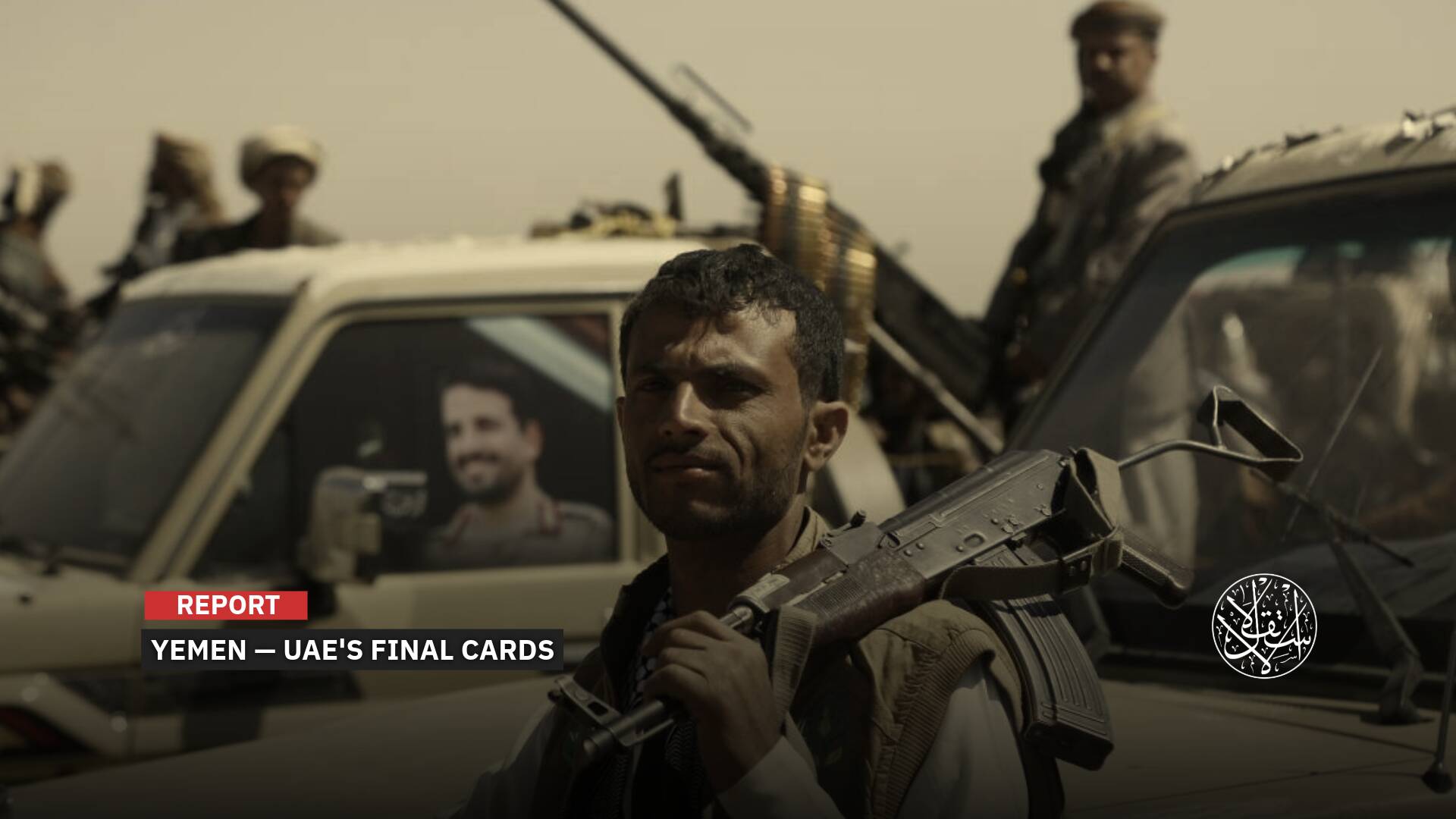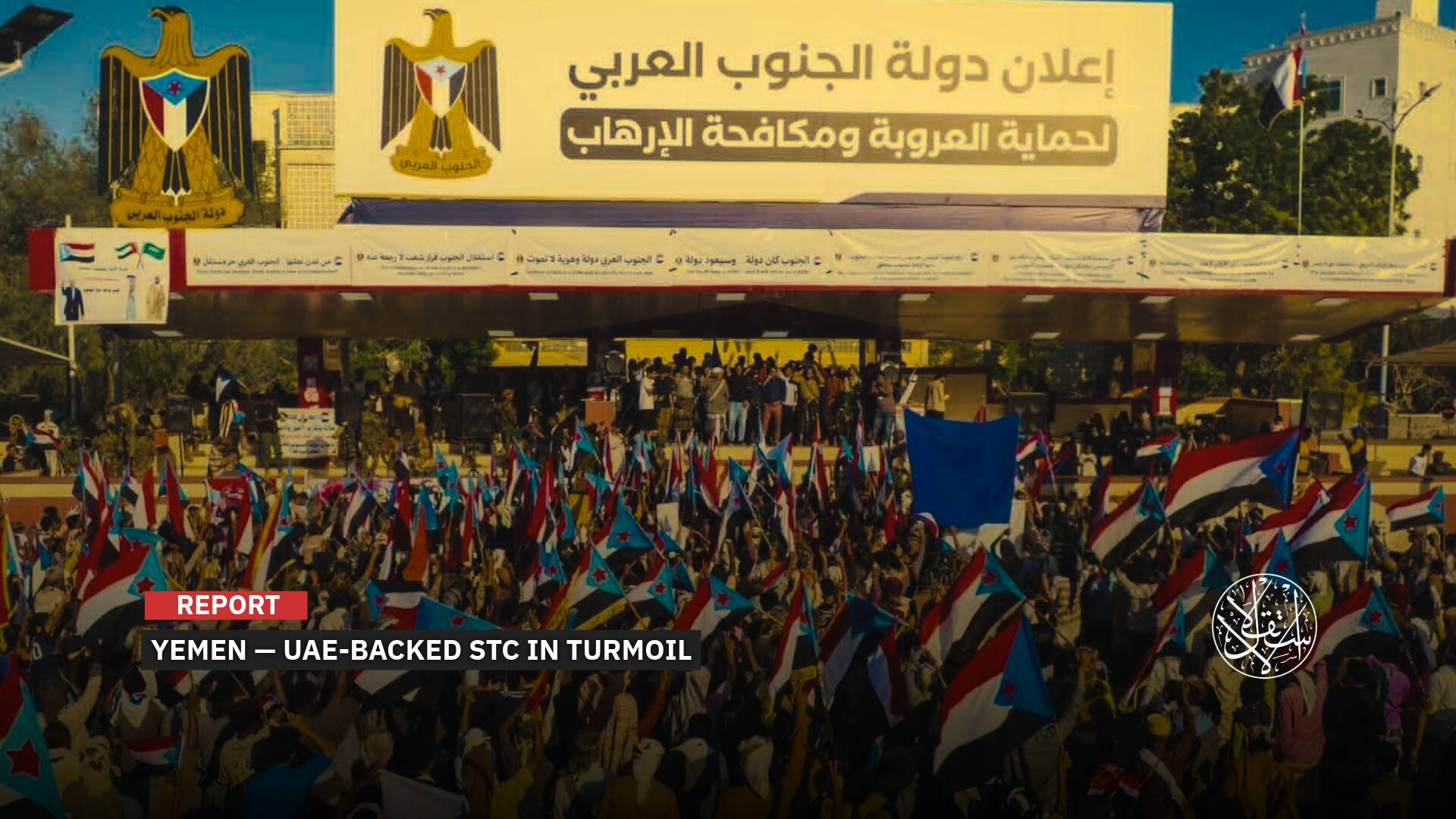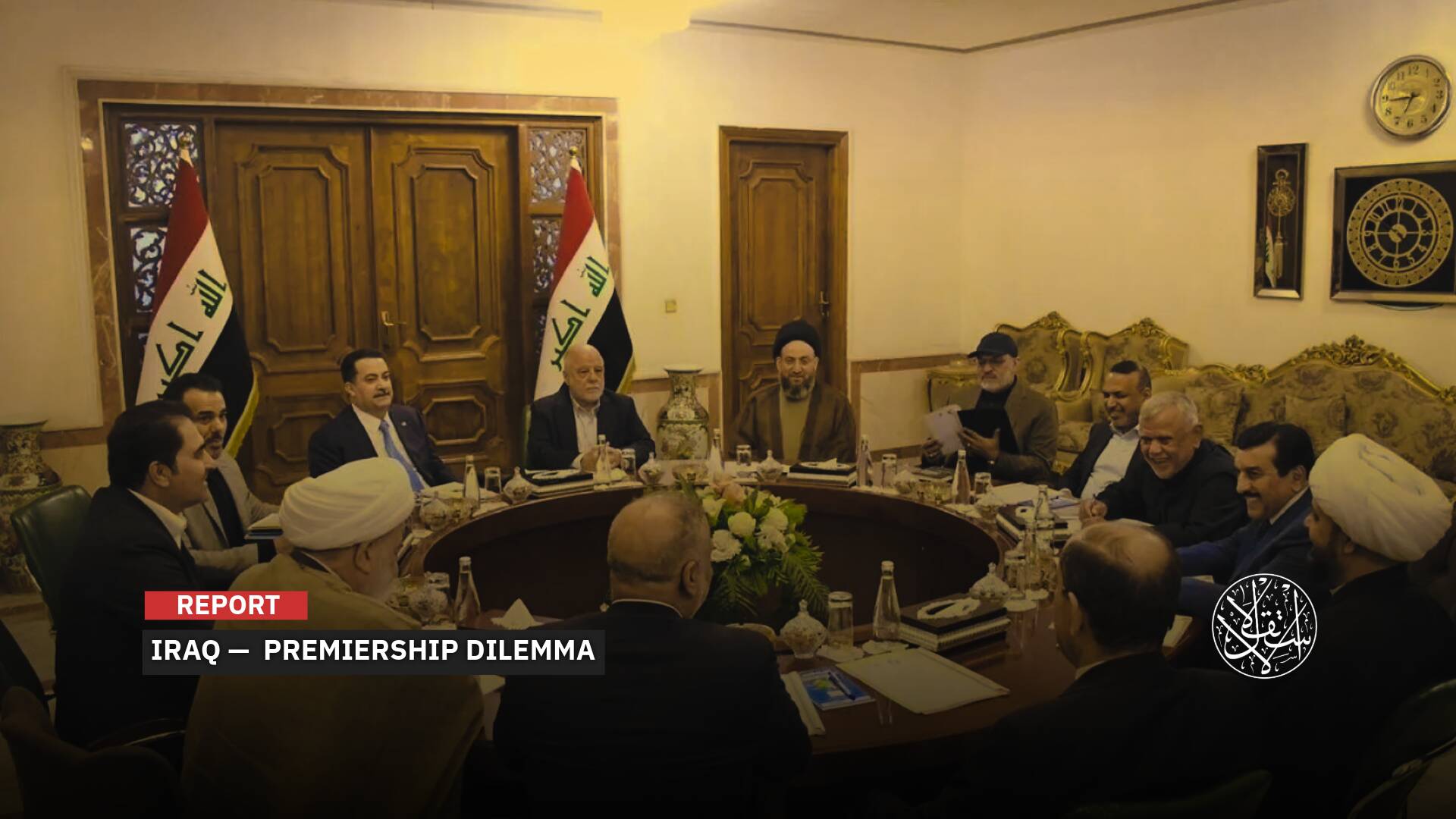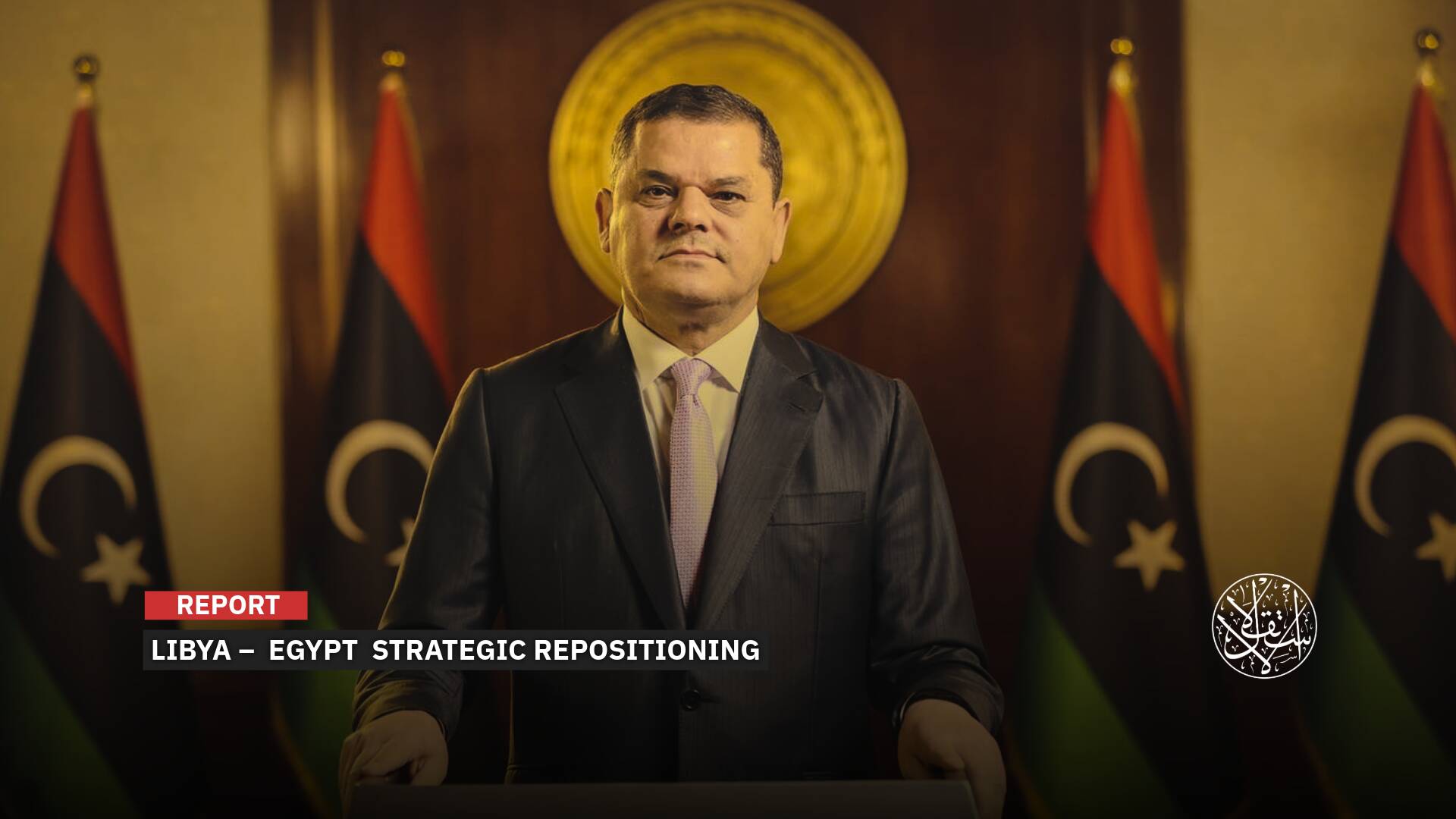For These Reasons, Sweden Takes Syrian Children Away From Their Families

The ongoing conflicts in the Middle East and North Africa have forced millions to flee to other countries. Most of the refugees are Syrian families who have fled to Europe, escaping death and torture under Bashar al-Assad’s regime.
With much pain and suffering, a vast majority of Syrians have settled as refugees in Sweden.
Surrounded by new social and cultural standards, Syrian evacuees face various difficulties preventing them from re-integrating, to find themselves in depression and downheartedness.
Feeling poor, miserable and hopeless, they unconsciously pass their anxiety on to their children.
Diab, a Syrian parent, has lost four of his children in Sweden, after allegations of maltreating them, according to the Syrian Unique News Agency (SUNA).
SUNA reported that the Swedish Department of Social Affairs accused Diab and his wife of beating their children and aggressively behaving, to decide that another family should take care of the children.
‘They Simply Took My Children’
Violence against children is strongly condemned by many governmental institutions in European countries like Sweden, the first country in the world that denounced child abuse and maltreatment, through the Swedish Department of Social Affairs, known as “The Social,” that ensures the child grows in a healthy environment.
However, the recent practices of The Social have caused widespread controversy due to allegations of forcibly taking children from their parents as it reportedly did with the Syrian couple Diab Hilal, 38, and Amal Sheikho.
“Because they are not qualified,” The Social decided, by law, to take the children away from their parents.
According to SUNA, Diab, the father, said that he and his family arrived in Sweden in 2017, thanks to the United Nations resettlement program.
Since they settled in the Swedish city of Cals, the family members had difficulties in adapting to the new living conditions like the cold weather and the impediment of communication with the Swedes; this social isolation has thrown them into depression and anxiety.
When giving the details of how The Social forcibly took his children, Diab said that: “One day, one of our neighbors saw my wife, in the common laundry room, crying, so she immediately called ‘The Social’ office, which pursuit our conditions and then investigated the children at the school to find out whether they had been beaten or not; my daughter Duha said that my wife had beaten her.”
Believing that the children are at risk of physical and psychological abuse, the father added that “after 4 days, all the family members were summoned in 'The Social' office for the investigation, and the children were put in the playroom…After all the questions, we discovered that the playroom had another door, and my children had disappeared; the supervisors told us that they would put the children in the protection house to carry on the investigations.”
Swedish Family Policy
Diab is the father of five children, Qusai, 9, Duha, 7, Wafa, 5, Rahaf, 3, and Mohammed who is less than a year old.
Diab continued to say that he “tried to hire a lawyer, and prove that the children were not beaten, through police and hospital reports, but 3 months now, and 'The Social' office insisted that my wife suffers from deep depression and is not ready to take care of the children, even though she visited a psychiatrist who proved that she does not suffer from any psychological problems.”
SUNA claimed that the children were given to Swedish families, and the biological parents were not allowed to see them “except through pictures sent on social media.”
The suffering of the heartbroken couple did not stop there; the mother was pregnant, and The Social supervisors said she can’t leave the country until she gives birth to the newborn so that they can take him/her, too, and in case they couldn't find a family for adoption, she will be forced to abort the fetus.
Qusai, Wafa, Rahaf, Duha, and Mohammed are just 4 children among 20,000 who are being taken away from their families, every year, by Social Services in Sweden, in cases involving physical and psychological violence, and parental ineptitude claims.
This phenomenon has recently caused these future citizens much pain and suffering.
In his interview with the Sveriges Radio, Johan Klingbury, director of The Social in Valkenberg municipality, responded to all the allegations against the Swedish Department saying that “the incident was widely spread, and the video posted on social media was rather emotional taking the issue out of context, and does not reflect the reality of our work.
“We cannot comment on the details of the incident in particular, but we will explain the procedures for saving children from families,” he added.
Klingbury stressed that “the psychological and physical health of children is the most important priority of ‘The Social.’”
Commenting on the allegations of forcibly taking children from their parents to control them, he said that: “This is a very important question. Swedish society has an obligation to explain the rules and laws in Sweden regarding children's rights, and we also have an obligation to help people coming to Sweden understand our Swedish culture and legislation.
“It is not enough to give instructions about what is allowed or not allowed, but the issue is related to explaining the mechanism of the system in Sweden, and this is a great challenge for the whole society,” he argued.
‘Not Einstein’
Following the Syrian Civil War in 2011, the number of Syrian refugees in Sweden rose to reach, according to the 2019 Sweden Statistics, 191,530 residents of Sweden born in Syria, and 50,620 born in Sweden with at least one Syrian-born parent.
The inhuman conditions Syrians are going through affects mainly their children's mental and physical health.
With no sign of a let-up in the extreme cold weather and storms sweeping the Scandinavian countries, Syrian children are threatened to have respiratory and other serious illnesses, and even death from hypothermia, to pay the highest price of wars they do not understand, UNICEF said.
According to the Sweden system, children are always a priority no matter their nationalities, and they have to be protected even from their parents.
Reactions to this process varied between people who support Sweden's decisions, and those who describe these procedures as “crimes.”
Through a video on her Facebook account, a Syrian activist, living in Sweden, calls those who condemn the Swedish government of “a conspiracy theory,” to stop all the accusations because, according to her, the country has much to do other than to forcibly take Syrian children from their homes.
“They are not Einstein to follow them wherever they go, the issue is far from what is in Syrian minds, instead, taking children to other families costs Sweden much money,” the Syrian activist, Joud, said.





